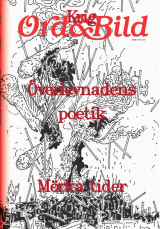
Remembering to forget
Memory politics in Poland and Hungary
Fidesz actively denies any Hungarian responsibility for WWII and the Holocaust, projecting itself as a healer of imperial wounds from a hundred years ago. In Poland, PiS goes even further by taking credit for all resistance towards both the Nazi and the Soviet regimes. In both cases, the abuse of history for national glorification revives the culture wars of the past.




